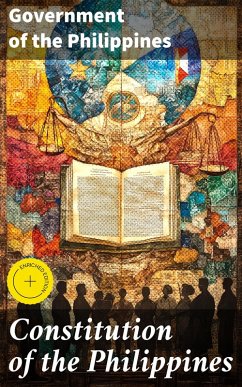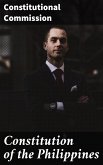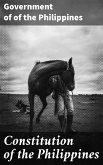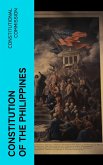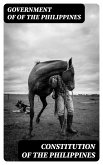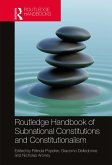The 'Constitution of the Philippines' serves as a foundational legal document, delineating the architecture of governance and the rights of citizens in the Philippines. Written in a clear yet authoritative style, the Constitution navigates through intricate legal frameworks and socio-political contexts, reflecting the nation'Äôs commitment to democracy, sovereignty, and social justice. This pivotal text embodies the aspirations of a post-colonial society, addressing historical grievances while setting the stage for modern governance and civil rights protections. Its structure, encompassing the preamble, bill of rights, and various articles, is indicative of the evolution of legal thought in a country striving for national identity and unity amidst diversity. The Government of the Philippines, as custodian of this document, taps into a rich history marked by colonial struggles and a quest for self-determination. The Constitution emerged from various historical drafts and revolutions, showcasing the Filipino people's desire for a democratic society built on the rule of law. The collaboration among jurists, political leaders, and civic groups further reflects the collective will that shaped this monument of contemporary Philippine identity. Readers seeking to comprehend not only the legal underpinnings of the nation but also its cultural and historical dimensions will find the 'Constitution of the Philippines' an indispensable resource. It is essential for students, scholars, and practitioners of law, offering insights into the Philippine polity and a lens through which to view ongoing political and social developments.
Dieser Download kann aus rechtlichen Gründen nur mit Rechnungsadresse in A, B, BG, CY, CZ, D, DK, EW, E, FIN, F, GR, H, IRL, I, LT, L, LR, M, NL, PL, P, R, S, SLO, SK ausgeliefert werden.

